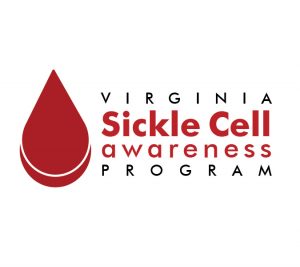 Sickle cell disease (SCD) is a term used to describe a group of inherited blood disorders that affects the shape and function of red blood cells. SCD causes red blood cells to function abnormally, becoming rigid and curving into a sickle-like shape. The sickle shape makes it difficult for the cells to pass through tiny blood vessels, resulting in painful blockages that prevent vital oxygen and nutrients in the blood from reaching organs and tissues. These blockages can result in tissue damage, severe recurrent pain, strokes, organ damage and other serious medical complications.
Sickle cell disease (SCD) is a term used to describe a group of inherited blood disorders that affects the shape and function of red blood cells. SCD causes red blood cells to function abnormally, becoming rigid and curving into a sickle-like shape. The sickle shape makes it difficult for the cells to pass through tiny blood vessels, resulting in painful blockages that prevent vital oxygen and nutrients in the blood from reaching organs and tissues. These blockages can result in tissue damage, severe recurrent pain, strokes, organ damage and other serious medical complications.
SCD primarily affects those of African descent, but also is found in people who trace their ancestry to South and Central America, the Middle East, India, Italy, Greece and Turkey.
There is no universal cure for SCD, but new treatments and preventive therapies have improved the life expectancy and quality of life for people with the disorder.
The Virginia Department of Health funds three initiatives related to SCD, sickle cell trait (SCT), and other hemoglobinopathies: Virginia Sickle Cell Awareness Program, the Pediatric Comprehensive Sickle Cell Clinic Network, and the Adult Comprehensive Sickle Cell Clinic Network.
Statewide Sickle Cell Disease Registry Statement
![]() As of July 1, VDH has begun engaging in work to design the registry and establish its infrastructure, pursuant to the Code. This includes identifying the processes through which data will be collected, selecting the data elements the agency will collect, and drafting regulations. VDH plans to seek stakeholder input on the design of the registry. Hospitals, clinics, laboratories, and physicians are not yet required to collect data on patients with sickle cell.
As of July 1, VDH has begun engaging in work to design the registry and establish its infrastructure, pursuant to the Code. This includes identifying the processes through which data will be collected, selecting the data elements the agency will collect, and drafting regulations. VDH plans to seek stakeholder input on the design of the registry. Hospitals, clinics, laboratories, and physicians are not yet required to collect data on patients with sickle cell.

